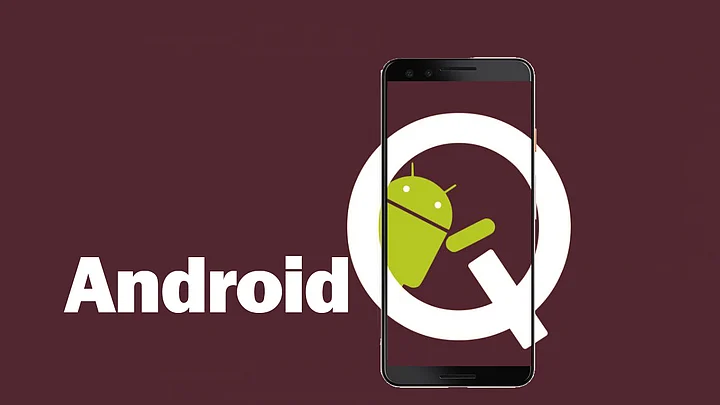The next version of Android will be Q and even though it’s yet to be given a name, leaks and developer inputs have already told us about what it will offer.
Ever since Android Pie came out in 2018, we’ve seen a drastic shift towards privacy and user permissions becoming vital to Google for its users.
Android Q is expected to move in the same direction, enhance the existing security features and add a host of new features that will appeal to millions of Android phone users across the globe. Here’s a look at the features and changes we expect to see with Android Q in 2019 from Google.
Native Support for Dark Mode
Every Android user would agree that having a dark mode option for apps is not only visually appealing, but better for the phone’s power efficiency as well. Much to everyone’s delight, Google has seemingly confirmed that its next Android version, called Q (yet to get a dessert name) will support dark mode for native Google apps by default.
The use of dark mode for Android Q was confirmed by a Chromium bug tracker Lukasz Zbylut, reported first by Android Police who noted that dark mode on Android Q is a confirmed feature. We’re excited to see how Google implements the new mode.
Improved User Permissions
Ever since the data breach on Google Plus was first reported, people have been alarmed with how and which of their data/information is made available to third-party apps.
Android P has tried minimising the access of such details and Android Q, according to indepth report by XDA Developer, looks to work on privacy aspects even more.
In addition to know what all sensors and units (like microphone, storage) are being used, Android Q running phones will also tell the users which apps are reading his/her location.
Secure Face ID-like Feature
Apple is couple of years ahead of Google with its secured biometric technology but with Android Q, mainstream users might finally get to rely on the feature for more than just unlocking the device.
Developers have spotted wholesale changes in the security coding at the back-end, which clearly points to change in feature set of the technology, making biometric recognition safer than before for Android users.
Switch to Desktop Mode
We’ve already seen the desktop transformation of the smartphone on the Samsung’s Dex Mode but looks like Android Q will probably be the first version to support it natively.
This will enable all phone manufacturers using the flavour to let users plug in their mobile to a bigger screen and let them use it like a Android-powered PC.
Mirroring screen from mobile to a TV screen is popular feature among users and with if at all Android Q does get the desktop mode, this might appeal to business users as well.
Some More Changes
Besides the headlining features, Android Q is likely to be given some cosmetic touches, maybe change in font style and how the icon appears for basic stuff like Camera, Messages and Contacts among others.
Along with this, reports also claim that Android Q will support two distinct versions of Smart Lock. One, which will be for trusted devices that can be opened for longer duration and then you’ll have the option to access files but keep the device locked to prevent any misuse.
So, these features are likely to be part of Google I/O 2019 keynote from Sundar Pichai, CEO, Google later this year, and we’re hoping more tweaks and features are added to the upcoming version.
(At The Quint, we question everything. Play an active role in shaping our journalism by becoming a member today.)
